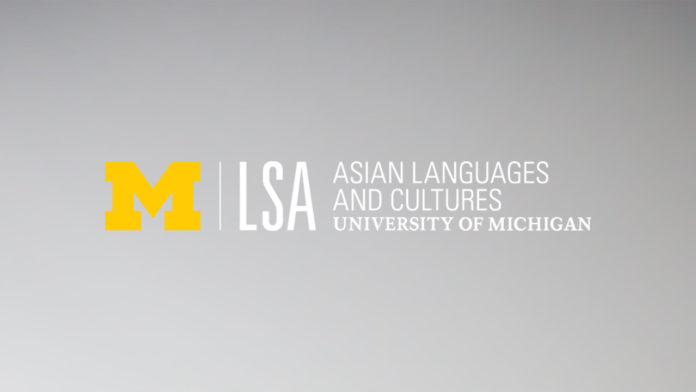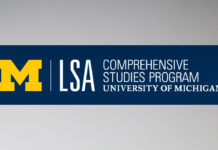Asia is home to 60% of the world’s population, and the region’s influences span the globe. From the medicine we choose to treat our illnesses, to the food we eat, to the science that drives innovation, Asia plays an important role.
At the University of Michigan, you will receive a comprehensive study of Asia, going beyond the standard practicum to fully understand the region, its history and people, and its place in the world today. In our department, you’ll be able to focus on your area of study while simultaneously crossing borders—literally and figuratively.
You’ll have the opportunity to learn from experts who have a diverse array of interests and expertise—from ancient Chinese medicine, to love and relationships in modern India, to the history of Japanese cinema. You’ll master difficult languages, perform yoga poses, prepare the world’s tastiest foods, peruse scandalous novels and Buddhist scriptures, and view beautiful art. You’ll examine not only the standard subjects of literature and language, but also religion, economics, science, and politics.
“Because my work within Buddhist studies involves more than the traditional focus on textual study and translation… I have engaged with faculty members in History of Art and Anthro-Archaeology, allowing me to encounter methodologies beyond Religious Studies,” says current Ph.D. student Becky Bloom. “[The department] has not only given me the room to carve out my own academic path but they also actively encourage and promote pathways that crisscross departments, allowing me to make informed, supported decisions about my own research, and empowering me to challenge conventional disciplinary boundaries that would confine my work otherwise.”
“We live in a globalized world,” adds Dr. Miranda Brown, a professor who specializes in the history of medicine in China. “What makes our department different is that we focus on connections—historic, cultural, and economic—between Asia and the outside world.”
















